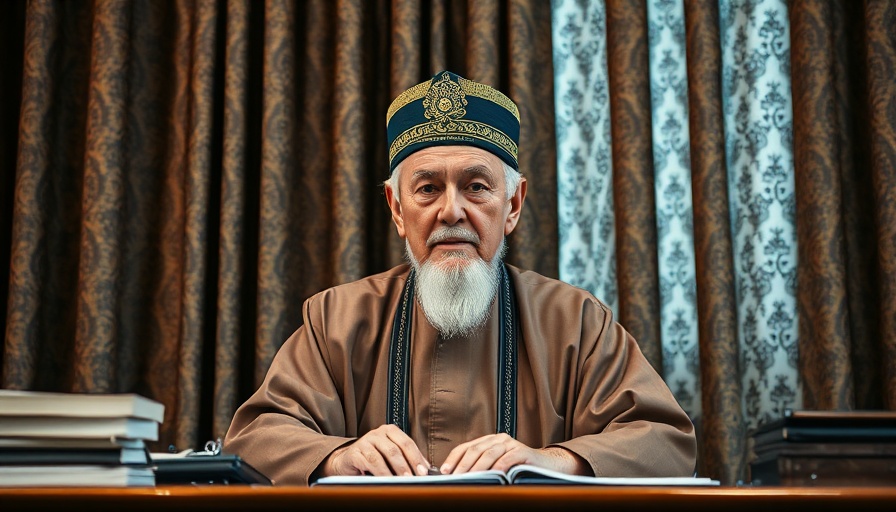
Health Concerns and Political Resignation
The sudden resignation of Abdullahi Ganduje, the National Chairman of the All Progressive Congress (APC), sends ripples through Nigeria’s political landscape. Effective immediately, Ganduje has stepped down due to health issues, a decision that marks a new chapter for the ruling party's leadership. His tenure, which began in August 2023, was marred by ongoing internal conflicts, leading many to speculate on the stability of the APC.
In APC National Chairman Ganduje Resigns Amid Health Concerns, the discussion delves into the arise of political volatility, prompting this comprehensive analysis.
Understanding the Context of His Resignation
The political environment surrounding Ganduje is fraught with tension. His resignation came at a critical moment—a period where factions within the party are increasingly vying for influence ahead of the December convention. Reports indicate that aids were seen packing up his belongings at the party's national secretariat, a stark visual of a rapidly evolving power dynamic within the party. The necessity for a prompt and official announcement from the APC is underscored by the distrust that speculation breeds among party members and the party’s base.
Internal Party Politics and Future Predictions
The absence of an official confirmation regarding Ganduje's resignation has raised eyebrows among analysts. A political analyst pointed out that the APC has long been accustomed to speculation and internal strife, suggesting this may not be an isolated incident but rather indicative of deeper issues within Nigeria's political sphere. The appointment of Alhaji Boa Dalori as acting chairman unveils a potential shift in leadership but also speaks to the necessity of maintaining party cohesion as the 2027 elections approach.
Zoning Controversies and Their Implications
Central to the discussions around Ganduje’s resignation is the contentious issue of zoning, which dictates the geographical allocation of party leadership roles. The northern regions have expressed concerns about Ganduje's position, which was believed to be zoned incorrectly. Observers note that adhering to zoning principles could mitigate future resignations and dissatisfaction within the party ranks, suggesting that the party needs a stronger framework to define leadership roles clearly.
A Pattern of Leadership Instability in Nigerian Politics
Nigerian political history records a troubling trend: the inability of party chairmen to complete their terms in office. This recurring theme indicates a systemic issue wherein leadership is often dictated by the whims of powerful figures within the party. As we analyze Ganduje's case, it is clear that unless internal party structures evolve to protect leadership tenures, this cycle will persist.
What Lies Ahead for the APC?
Looking to the future, official announcements from the APC are anticipated, but as political analysts highlight, these statements will likely be strategic amidst ongoing party cleansing. The challenge for the APC will not only be to fill the void left by Ganduje but also to quell internal dissent and unify various factions as they navigate toward the upcoming elections. With the growing rumors surrounding potential replacements, the party's actions in the coming days could set a precedent for its stability.
In summary, the resignation of Abdullahi Ganduje does more than shift one figure out of leadership; it unveils the intricate and often tumultuous nature of Nigerian politics. The necessity for effective communication, adherence to zoning, and respect for party structures has never been more critical. As the APC readies itself for internal reshuffling and the quest for unity, stakeholders and observers will be keenly watching how these dynamics unfold.
 Add Row
Add Row  Add
Add 


Write A Comment